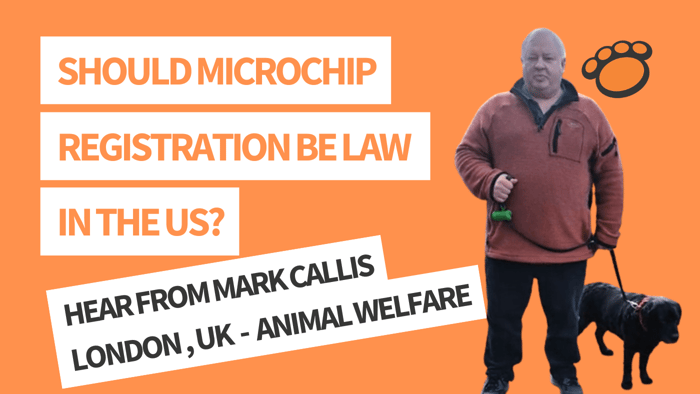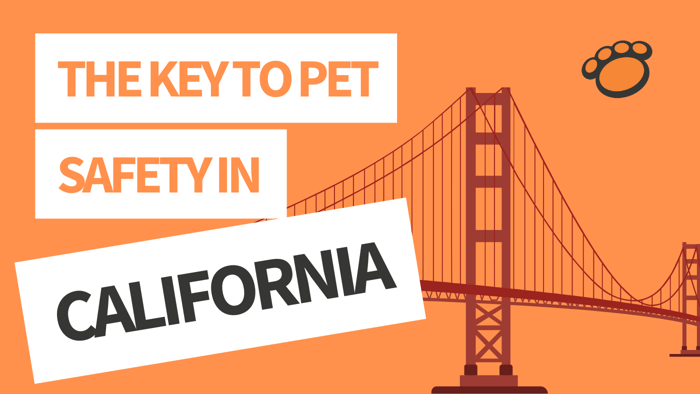In 2016, the UK took a major step toward responsible pet ownership by introducing a mandatory microchipping law for dogs. The results were impressive—lost pets were reunited with their families more quickly and efficiently, and fewer dogs ended up staying in shelters long-term.
As the U.S. continues to explore ways to improve pet identification and reduce the number of stray animals in shelters, the UK’s experience offers some valuable lessons worth considering.
A role model for responsible pet ownership?
Before the law, the UK faced similar challenges to those we see here in the U.S.: missing ID tags, outdated contact information, and overcrowded shelters. The introduction of mandatory microchipping helped change that landscape. With more dogs chipped and owners' contact details stored in a centralized database, reunification rates improved dramatically.
“Since the Government introduced compulsory dog microchipping in England in 2016, around 90% of dogs are now microchipped. Evidence suggests that stray dogs that are microchipped and have up-to-date microchip records are more than twice as likely to be reunited with their keeper than stray dogs without a microchip.” – UK Parliament (2023)
Overcoming public hesitation
At first, there were questions about whether pet owners would comply with a new microchipping law. But the rollout proved to be an opportunity for education—and it worked. Awareness campaigns helped pet owners understand the benefits, and compliance quickly followed.
A game-changer for lost pets
One of the most significant improvements has been the ability to quickly identify and return lost dogs. In the UK, most animal professionals now carry scanners, allowing them to access owner information via the dog’s microchip almost instantly. This has led to faster, more successful reunifications—and fewer dogs stuck in shelters.
What could this mean for us in the US?
The UK’s experience shows what’s possible. With millions of dogs entering shelters in the U.S. each year, mandatory microchipping and registration could help reduce overcrowding, cut down shelter costs, and get more pets home where they belong.
Whether or not a law is in place, one thing is clear: microchipping your pet—and keeping their registration details up to date—is one of the simplest and most effective ways to protect them.
Click here to register your pet’s microchip with Petkey today.
Disclaimer: Mark Callis is acting as an independent consultant in relation to this content. His views and opinions are his own and do not necessarily reflect those of any affiliated organizations or entities.




